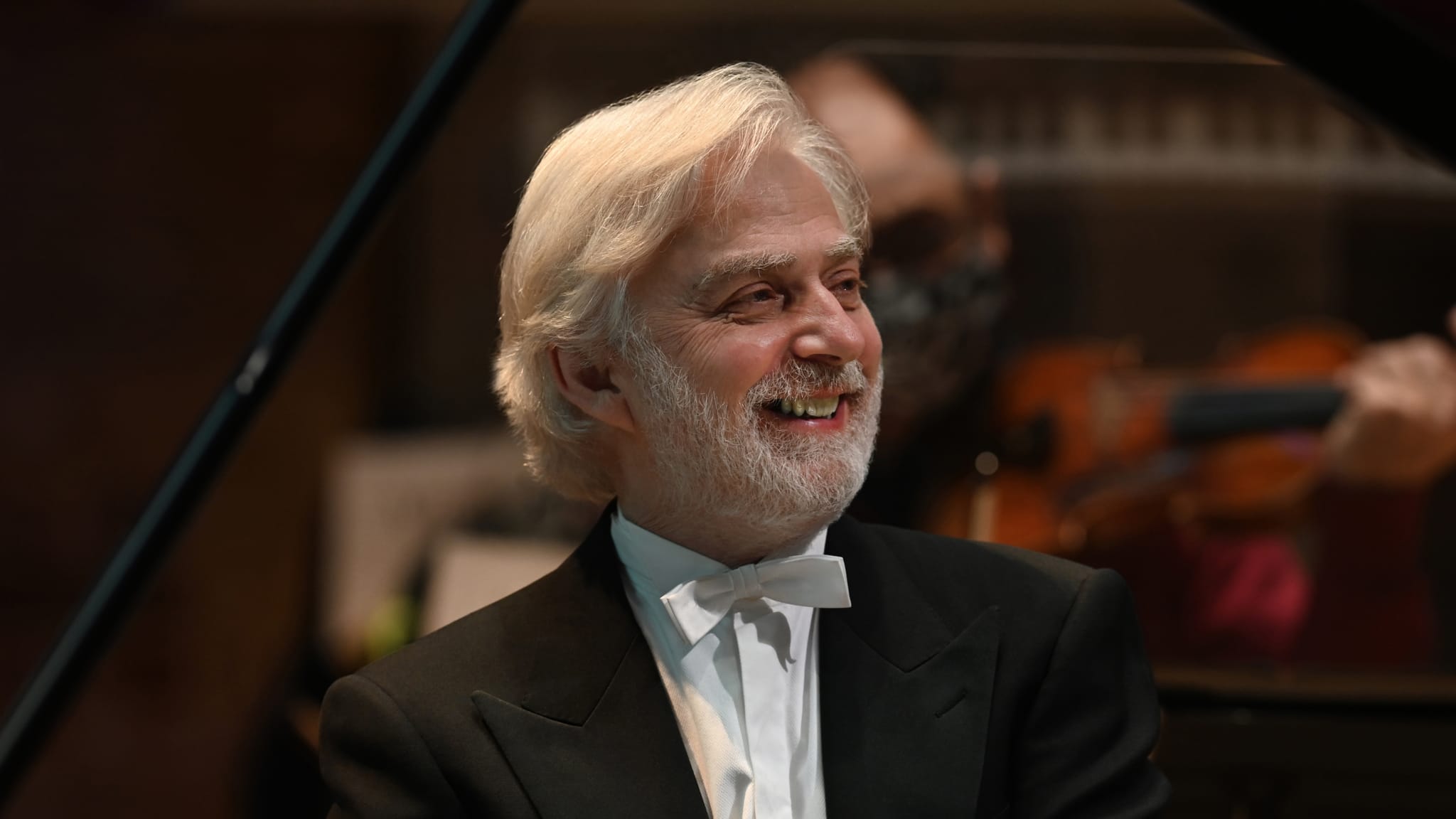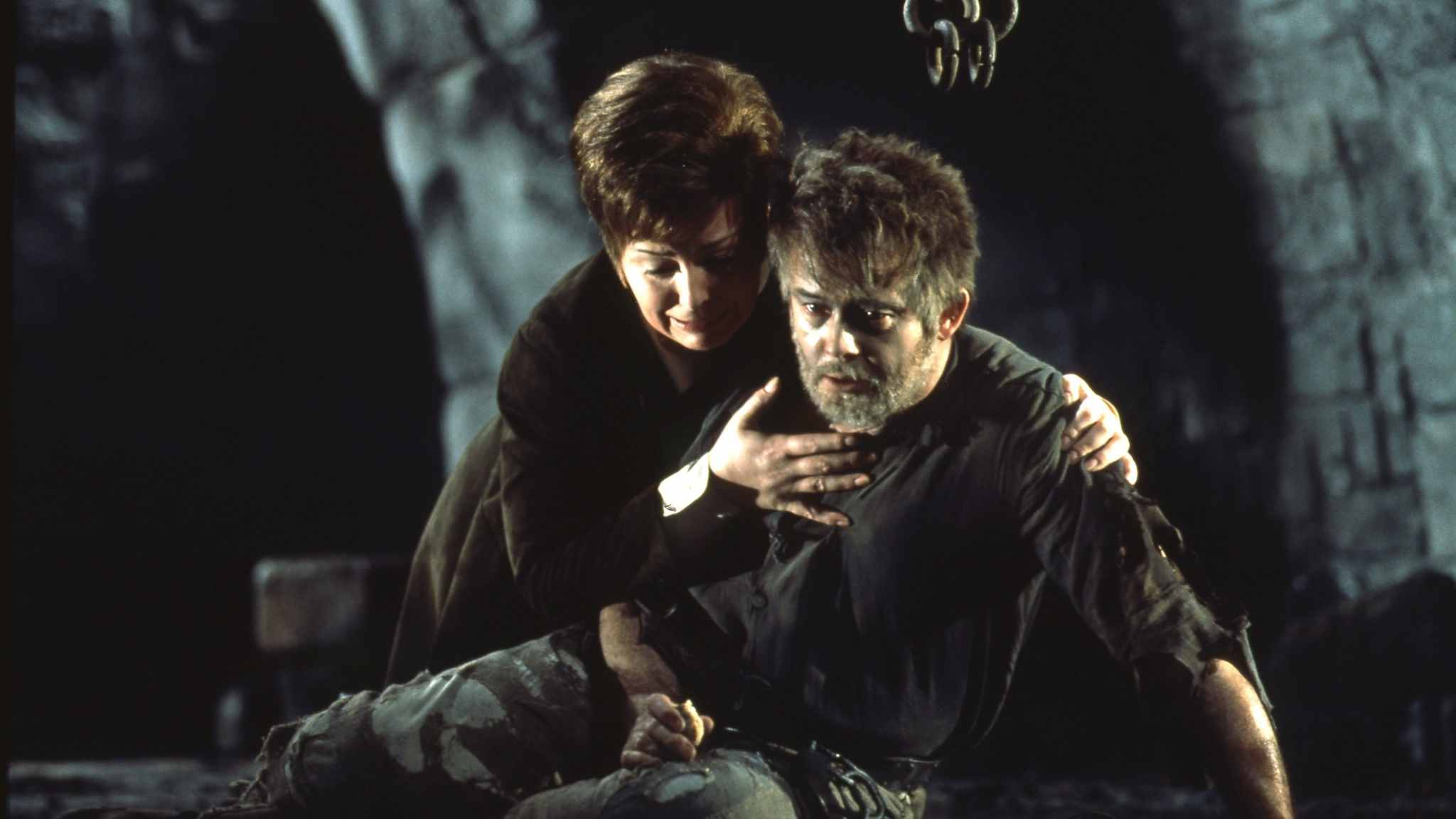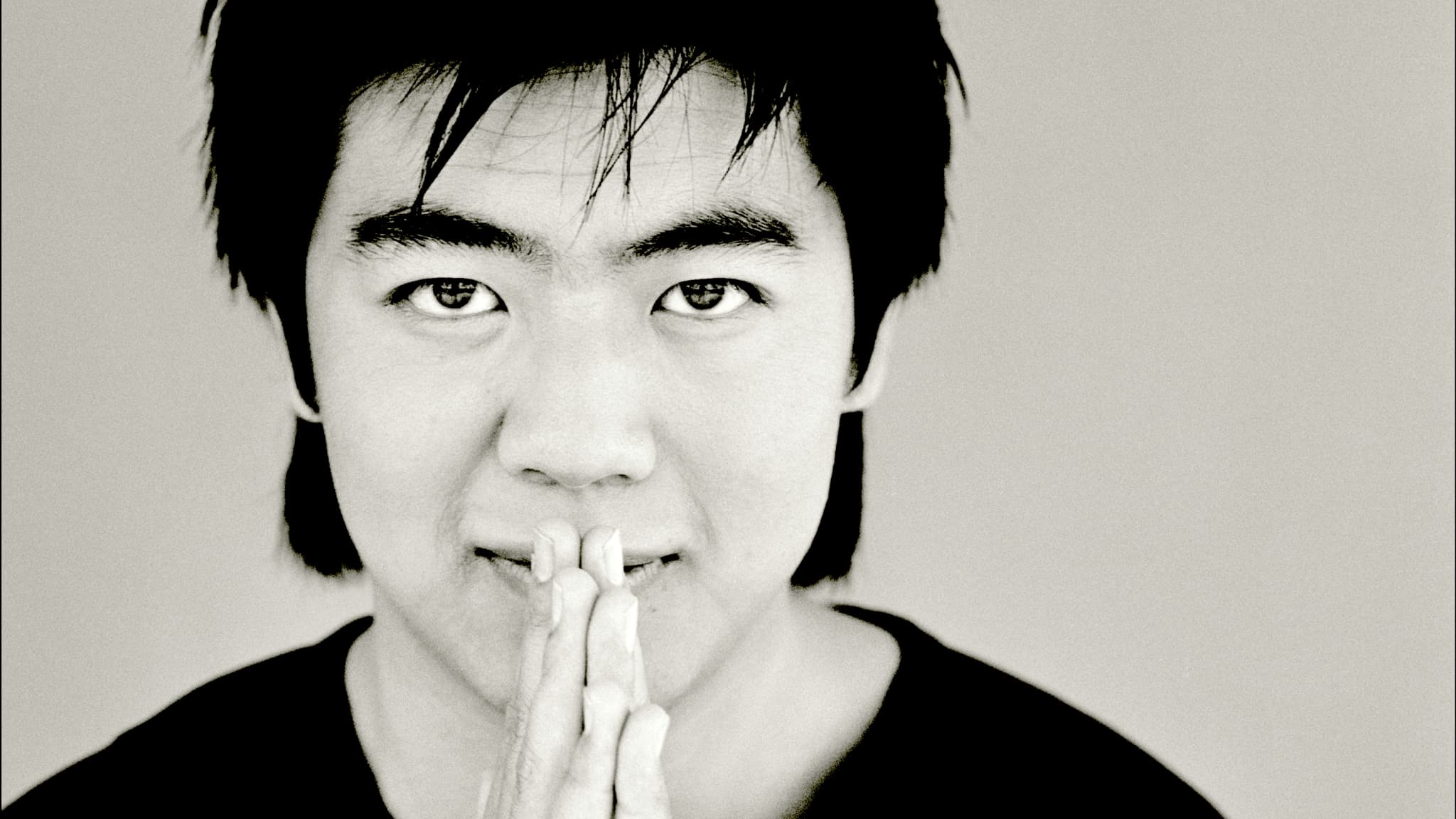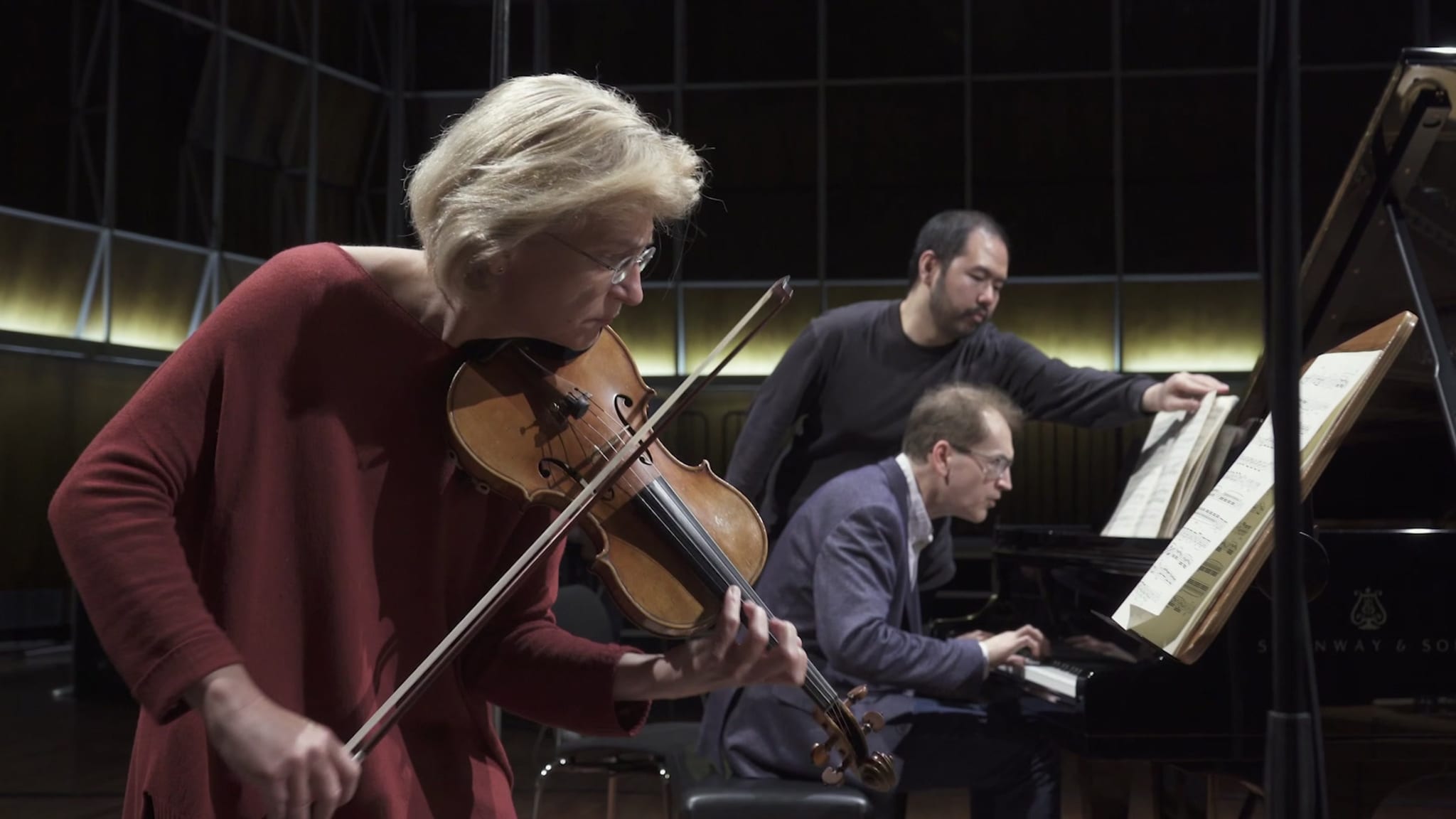Praktisch jede spätere Entwicklung im Bereich der “klassischen” Musik verdankt Beethoven die eine oder andere Anregung, und auch unser heutiges Bild von der Rolle des Künstlers in der Gesellschaft geht auf ihn zurück. Bereits als junger Mensch entwickelte er eine intensive Beziehung zur Musik, doch diese alles beherrschende, verzehrende Leidenschaft belastete im Laufe der Jahre immer stärker seine Freundschaften, Liebesbeziehungen und sonstigen Kontakte zu den Mitmenschen. Erschwerend kam hinzu, dass noch vor seinem 30. Geburtstag ein Gehörleiden diagnostiziert wurde, das schließlich zu völliger Ertaubung führte und ihn zusätzlich von seiner Umwelt isolierte.
Ausgewählte Werke von Ludwig van Beethoven Auf STAGE+ ansehen
Diese Isolation bot ihm jedoch die Möglichkeit (oder zwang ihn sogar dazu), neue Kompositionsformen und Verwendungsmöglichkeiten der Instrumente zu entwickeln. Immer mehr kam er zu der Überzeugung, dass die Musik der Menschheit auf ihrem mühsamen Weg eine Richtung weisen könne – vom Elend zum Glück, von der Unwissenheit zur Erkenntnis. Er war einer der ersten bedeutenden Komponisten, die an eine moralische Mission der Kunst glaubten. Sein Misstrauen gegen einzelne Menschen verwandelte er auf diese Weise in eine überwältigende, allumfassende Liebe zur gesamten Menschheit. Seine neun Symphonien, 16 Streichquartette, 32 Klaviersonaten und zahllosen anderen bedeutenden Kompositionen bilden zusammen ein Lebenswerk, mit dessen Vielfalt und Reichtum sich nur wenige geniale Künstler nach ihm messen können und das zugleich als geistige Autobiographie seines Schöpfers gelten darf.













































